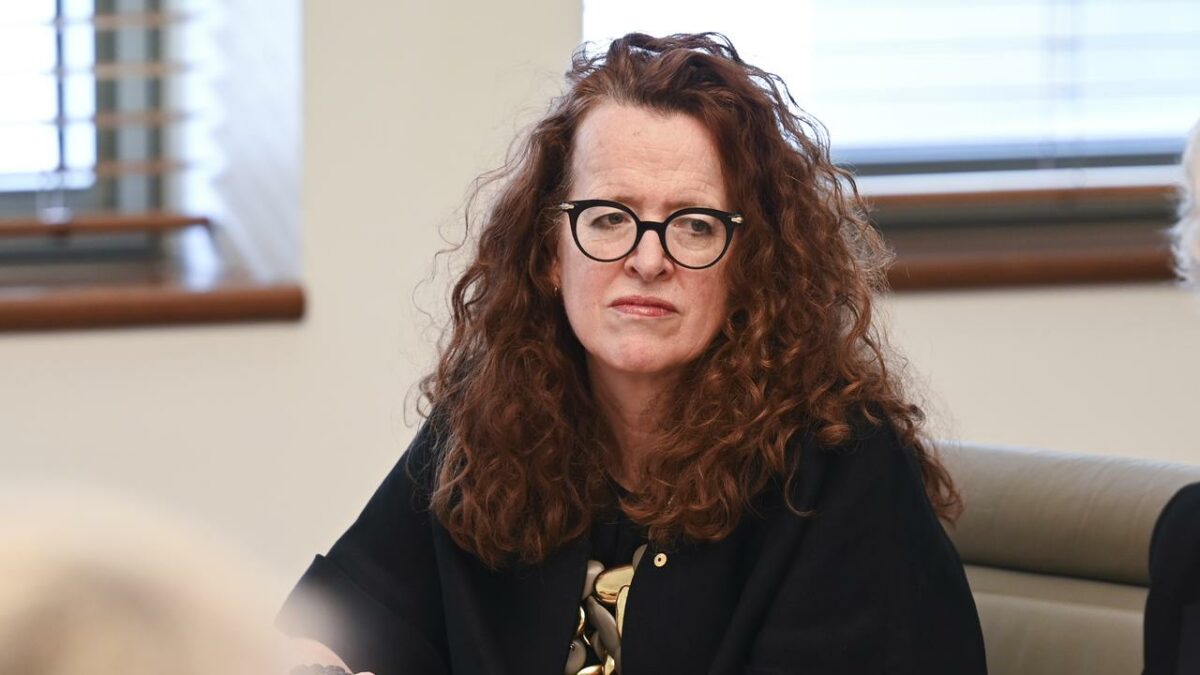On 6 August, ANU Vice Chancellor Genevieve Bell made a statement before the Australian Senate for the Senate Inquiry into a Federal Government Bill. The Bill endeavours to make a number of changes directly impacting international students and the Australian university sector at large, including placing caps on international student numbers.
Through the Education Services for the Overseas Students Amendment (Quality and Integrity) Bill 2024, the Government intends to institute a range of changes within Australia’s international education sector. These include granting ministerial powers to place limits on international student enrolments and prevent international students from studying specified courses.
The Federal Government expressed in its Explanatory Memorandum that the aim of the caps on student numbers is to “deliver sustainable growth over time” while “tak[ing] into account the relevance of courses to Australia’s skills needs.”
Education Minister Jason Clare has rejected concerns that this will result in a 40 percent cap on international student enrolments and has noted that the cap rate is yet to be finalised.
More broadly, the legislation has been introduced in response to the Nixon Review which found that human trafficking and other exploitative practices related to international students have risen post-COVID.
The proposed legislation has received numerous criticisms from the Australian university sector, including ANU, over the course of the Senate Inquiry. With the legislation expected to impact over 1,400 educational institutions, fears have been raised that the caps on student numbers will come at a detrimental cost to Australian university funding.
Speaking to the Senate Inquiry, Vice-Chancellor Bell candidly noted that “universities… need the revenue from international student fees simply to be universities.” In particular, she emphasised that ANU is currently experiencing “cumulative deficits of almost $400 million” following the COVID-19 pandemic.
Bell raised alarm bells about ANU’s precarious economic situation, stating that the consistent deficits “cannot be sustained indefinitely.” She noted that the University “had a plan to get out of deficits – by controlling our costs and seeking modest growth in student enrolments.”
However, these “cost controls” could entail drastic course cuts similar to those in 2021, and increased wage pressure on casual academics who may be disadvantaged through a reduction in teaching hours.
ANU noted in its advisory submission to the Senate Inquiry that imposing caps on international student numbers would come at great detriment to the “$48 billion international education export industry”, notably impacting the “research-intensive” work of many universities. The University has proposed a “target range” rather than a “hard cap” which would “provide institutions with a buffer to manage student enrolments.”
The University has further urged the Senate Inquiry to opt for an exemption process to these caps which is “demand driven and not subject to the allocation process.” This would account for “Higher Degree Students who contribute to the national research and innovation ecosystem” as well as students on exchange, students sponsored by the Australian Government and international students who are already in Australia under alternative visa types.
The University also acknowledged the impact of imposing caps on specific courses of study, noting that the legislation “does not take into account the wealth of evidence around student choice and the unintended consequences of this approach.”
Bell emphasised that educating international students allows Australia to “engage meaningfully in the world” while also enriching the University by facilitating “shared experiences and shared perspectives shaped by people from all over the world.”
An international student told Woroni, that they believe the proposed change is an “interesting move considering how profitable international students are, coupled with the fact that they are some of the hardest working students and would make a great addition to the workforce if they chose to stay here in Australia.”
It awaits to be seen what will come of the proposed legislation. Vice-Chancellor Bell said she remains hopeful that the Bill may “go in a direction that better balances policy objectives and the impact of change.”
We acknowledge the Ngunnawal and Ngambri people, who are the Traditional Custodians of the land on which Woroni, Woroni Radio and Woroni TV are created, edited, published, printed and distributed. We pay our respects to Elders past and present. We acknowledge that the name Woroni was taken from the Wadi Wadi Nation without permission, and we are striving to do better for future reconciliation.
